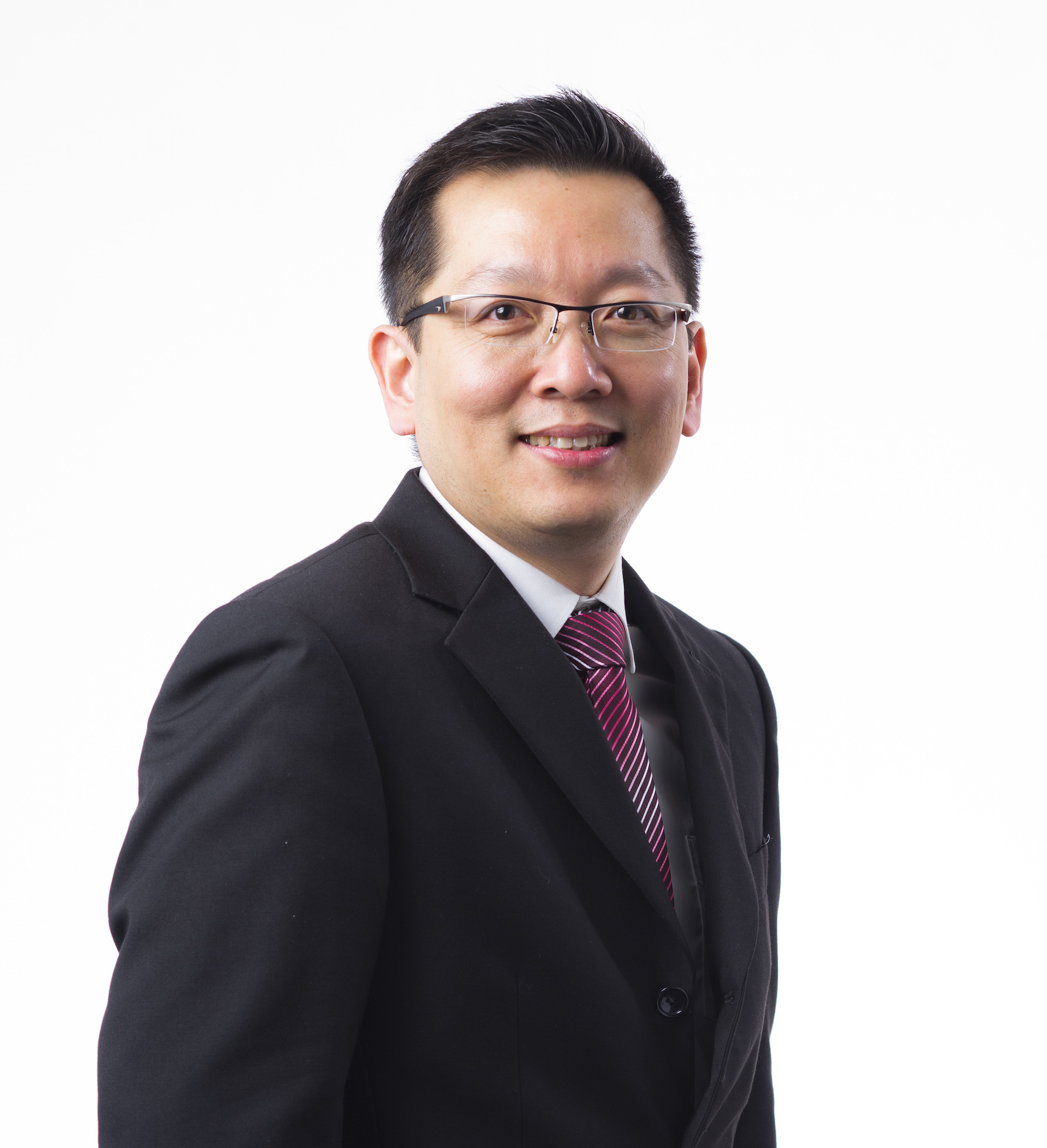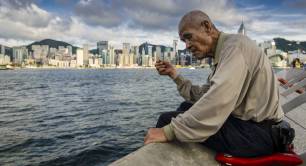Why social innovation will solve Hong Kong’s grand challenges
City University of Hong Kong launched the first course on social innovation and social entrepreneurship in Hong Kong in 2012. Dr Yanto Chandra, the institution's associate professor of public policy, tells us how research and teaching on these subjects has progressed
 Why is social innovation the answer to challenges in Hong Kong?
Why is social innovation the answer to challenges in Hong Kong?
Many ‘grand challenges’ in Hong Kong (for example housing problems, poverty, ageing, pollution) are systemic and deeply entrenched. So who can legitimately act to solve these grand challenges, and make solutions happen?
The government’s hands are often constrained by the institutions they are a part of. Business may not see social innovation as their bread and butter. Nonprofits might not have the expertise or resources.
But citizens can act independently without procedural constraints, and they bridge various actors (government, businesses, nonprofits) to come up with solutions that involve everyone. If you have the money, you help with funding. If you have the expertise, you contribute your expertise and so on. Through an economic lens, it’s the easiest and least costly approach: if ideas fail, they fail quickly and cheaply. But if they are great, they will quickly get seen and get backing, financial or non-financial, to replicate.
What are some of the barriers to successful social innovation?
At the micro level, coming up with a social innovation that is useful, innovative and impactful is not easy. Many early-stage ideas remain as prototypes or fail at this early stage. There are various reasons for this, including business problems (funding, marketing skills, market needs) and personal decisions (Do I want to do this alongside a full-time job? Do I have the right mix of skills?).
Citizens can act independently without procedural constraints, and they bridge various actors to come up with solutions that involve everyone
At the macro level, I feel there is ambiguity about what social innovation is, and whether it is the same as social enterprise. This vagueness may create problems, for example: should I support this or that innovation?
For instance, in my view, the solutions developed by AirBnB and Ushahidi (an online platform for citizens to report any violence or crises in their city) are essentially social innovation. But in their implementation (in economics we call it ‘internalisation’) they needed to be turned into an organisation to achieve their goals. AirBnB took the commercial enterprise path, while Ushahidi took the nonprofit path. Either one could have pursued a hybrid path (as a social enterprise). So, as a consumer, do I support AirBnB (a for-profit venture) or FairBnB [a cooperative-owned platform for hotels]? If the public understands this, it will help them make better purchasing decisions.
What is your institute’s interest in these topics?
City University of Hong Kong is a pioneer in social innovation and social entrepreneurship (SI/SE) research, teaching and knowledge transfer in Hong Kong. My colleagues who founded SI/SE research (now retired), led by Professor Linda Wong, believed that we needed a new way of understanding and solving social problems around us (from poverty, homelessness, disability, ex-offenders, drug abuse, etc) through rigorous academic research.
Social innovation/social enterprise is a perfect ‘playground’ for millennials to create sustainable ideas or ventures to make the world a better place
Through rigorous research, we have been able to design valuable SI/SE courses that meet the needs of students. Youngsters have a great passion to change the world but they lack appropriate tools, methods and language to do so. SI/SE is a perfect ‘playground’ for these millennials to use innovation, creativity, business and a compassion for others to create sustainable ideas or ventures to make the world a better place. Our Project Flame unit [of which Chandra is director] organises a lot of student activities, such as visits to social enterprises, social enterprise competitions and conferences. Between 2012 and 2018 the project received multi-year funding from the Li & Fung Foundation.
City University is collaborating with other higher education institutions, social entrepreneurs and NGOs in a new project called BRICKS. What are you hoping will come out of this?
First, I hope to see more academics in Hong Kong take the plunge to do SI/SE research. There are misconceptions – many senior academics here thought SI/SE was the same as ‘service learning’ (taking students to the field to experience a new culture or to do some activities). This is utterly incorrect. SI/SE is a legitimate field of research with its own community of scholars, journals and career paths.
We know that the likes of Harvard, Stanford, Oxford, Cambridge, LSE [London School of Economics] and ANU [the Australian National University] now have full professors who specialise in SI/SE. We have very few here, at junior or senior level, so I hope to see more of this. I hope that SI/SE will occupy a strategic place and even become a priority in higher education institutions in Hong Kong and China. BRICKS is one of the ‘field-configuring events’ that I think can take a part in shaping the discourse, bringing people together to craft the field.
| Read more about the BRICKS project here |
Secondly, I hope to see more social innovation and social entrepreneurship happening in Hong Kong and more successful cases to inspire young people. British Council’s networks and expertise can make this happen in Hong Kong and Asia generally.
Collaboration among academics can be difficult, especially when it comes to funding. How might that change?
The systems here pit everyone against everyone else, particularly for grants capture. I hope that BRICKS can bring scholars together to co-craft large scale grants that can make a big contribution.
I also hope to see SI/SE becoming a priority for research grants. This requires key decision-makers among funders to acknowledge the strategic importance of SI/SE as an academic discipline, and its practical impact to address HK’s grand challenges. If there are opportunities and even requests for collaboration across academic institutions, it will help spur more of this way of working.
Header photo: a fashion show organised by Project Flame in 2013 featuring second-hand clothing to promote recycling and sustainable consumption. Reproduced here with permission from CityU Hong Kong.


